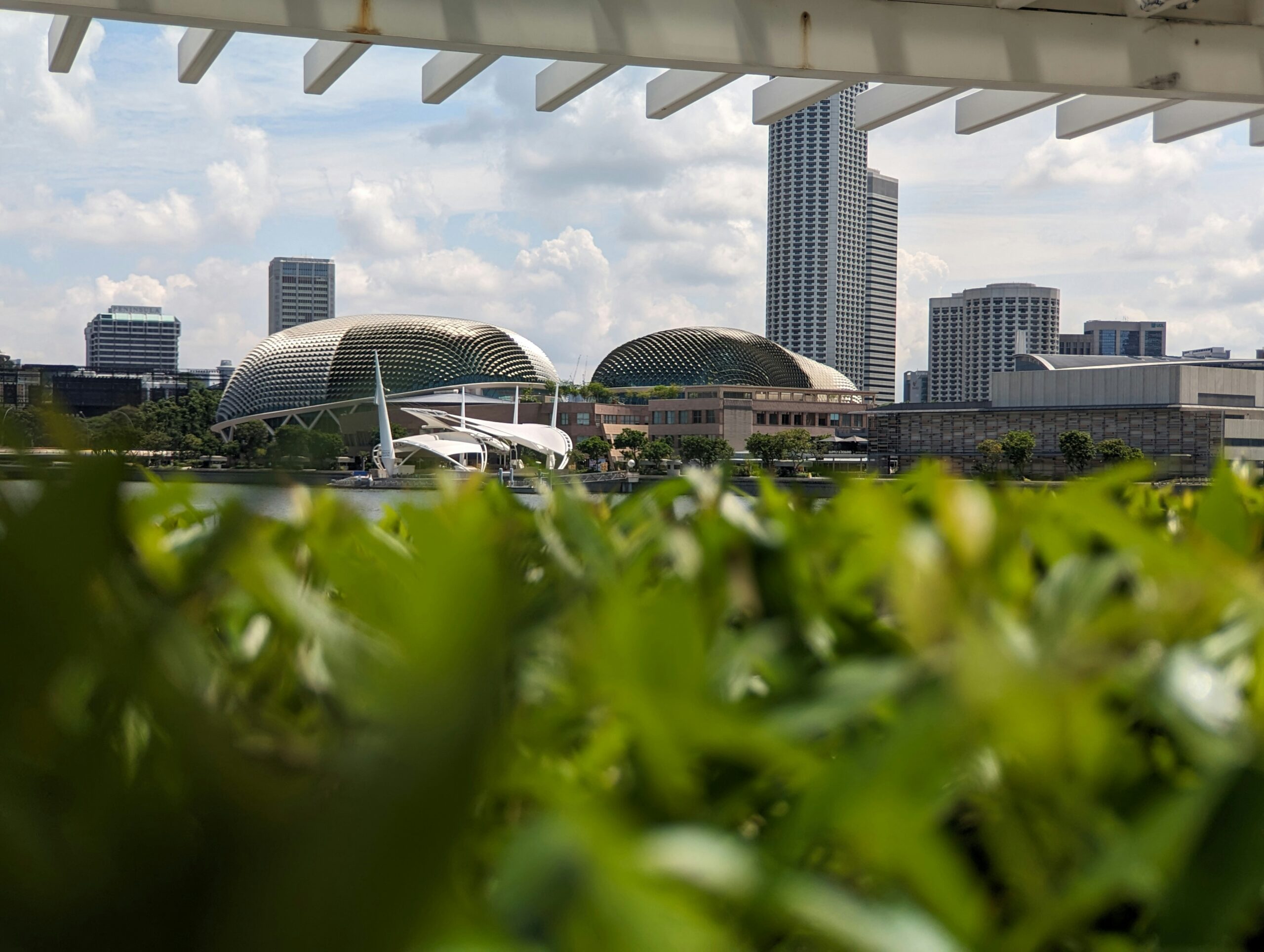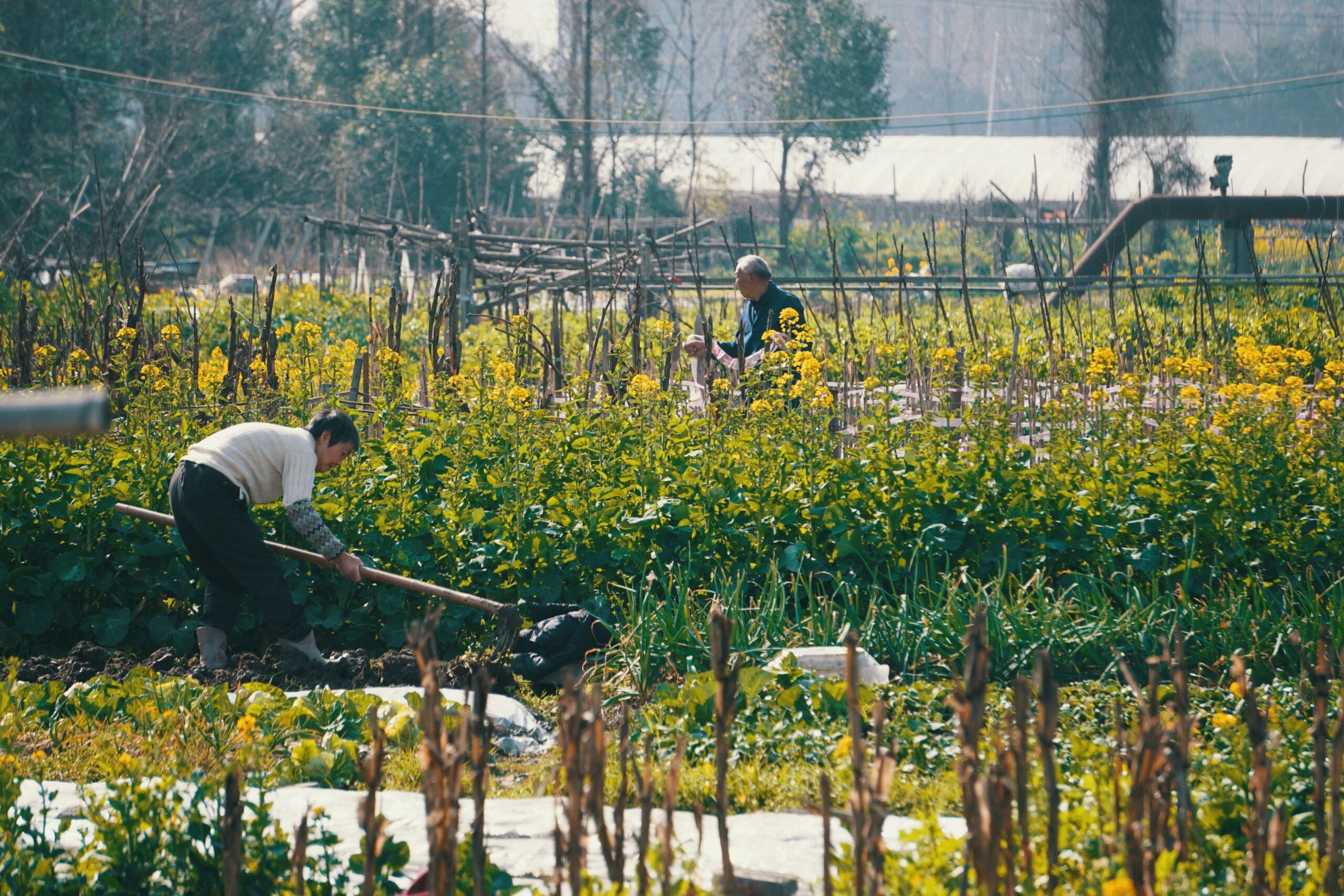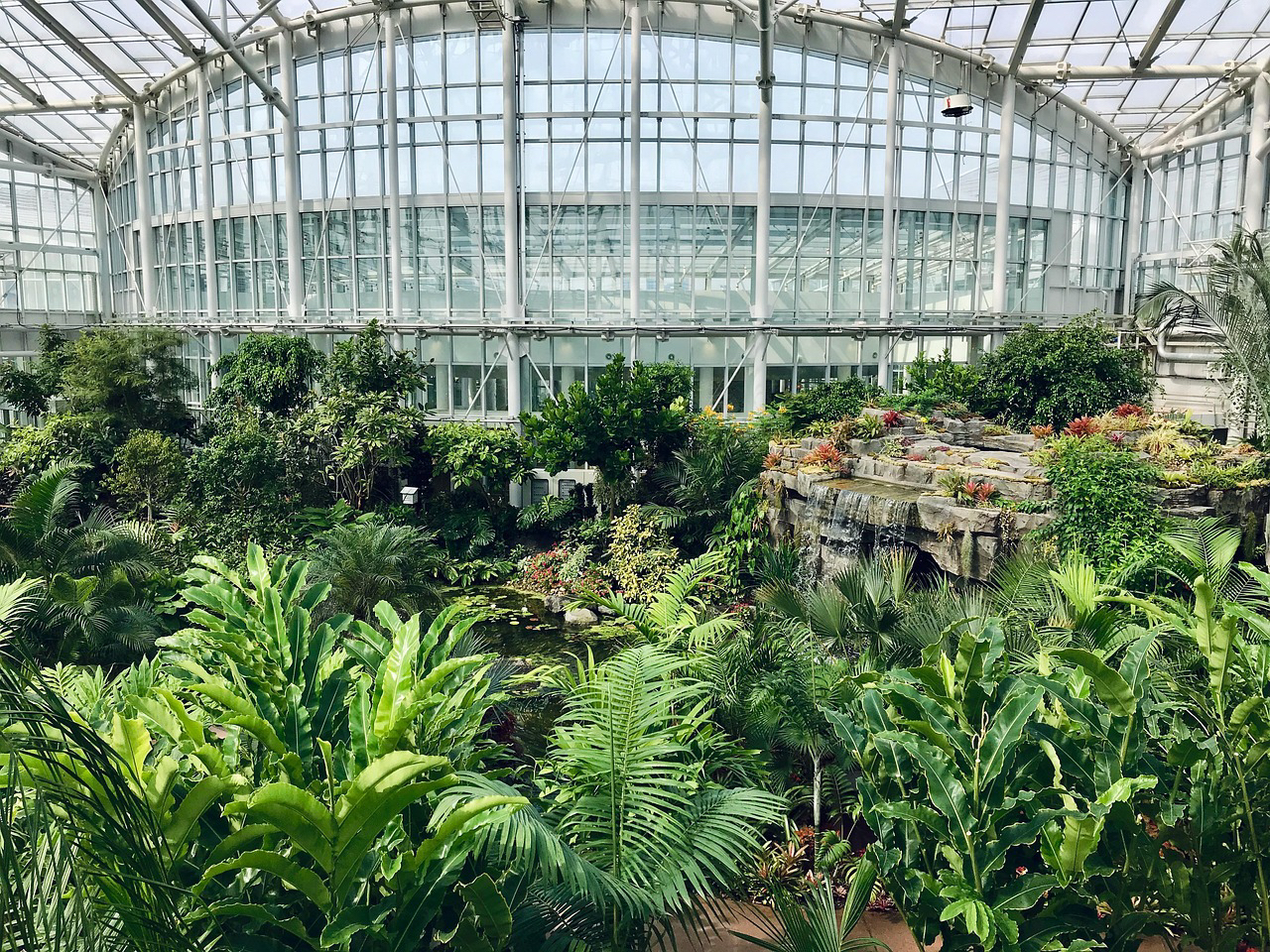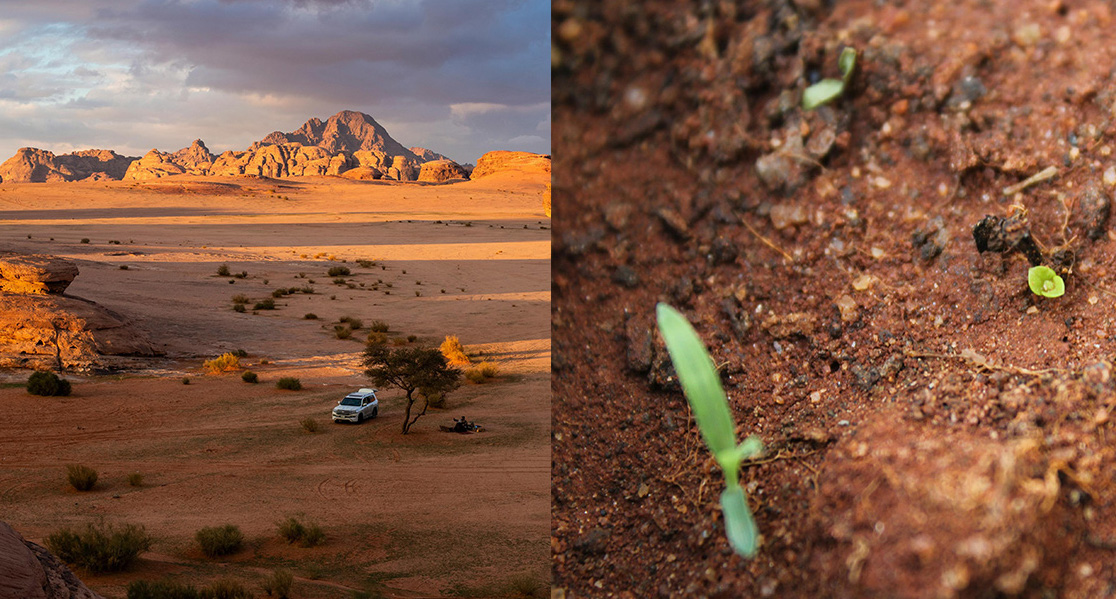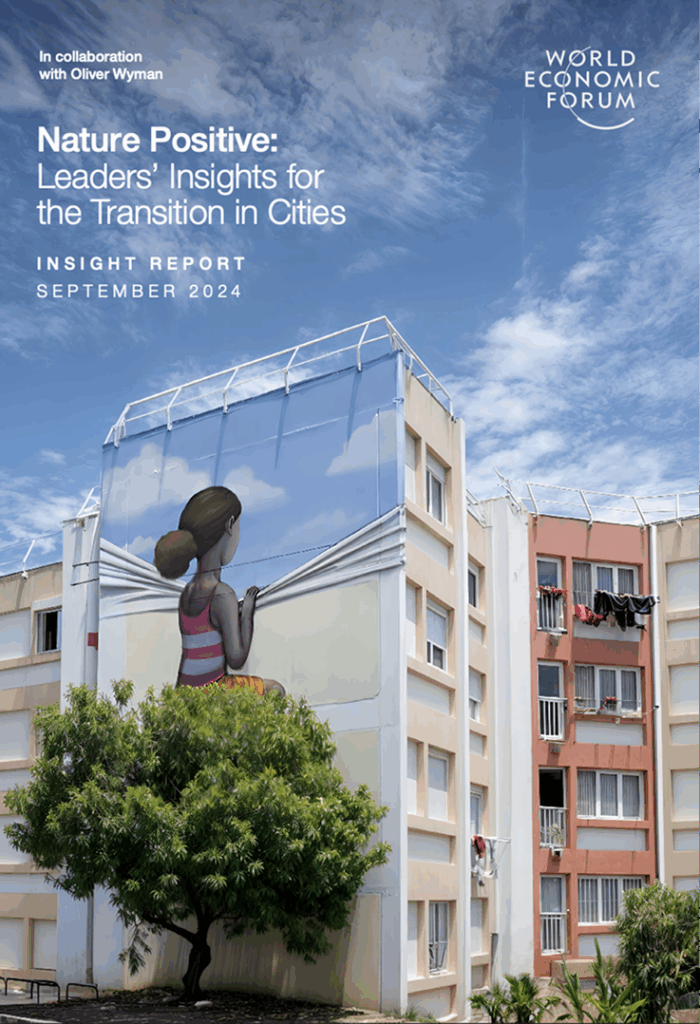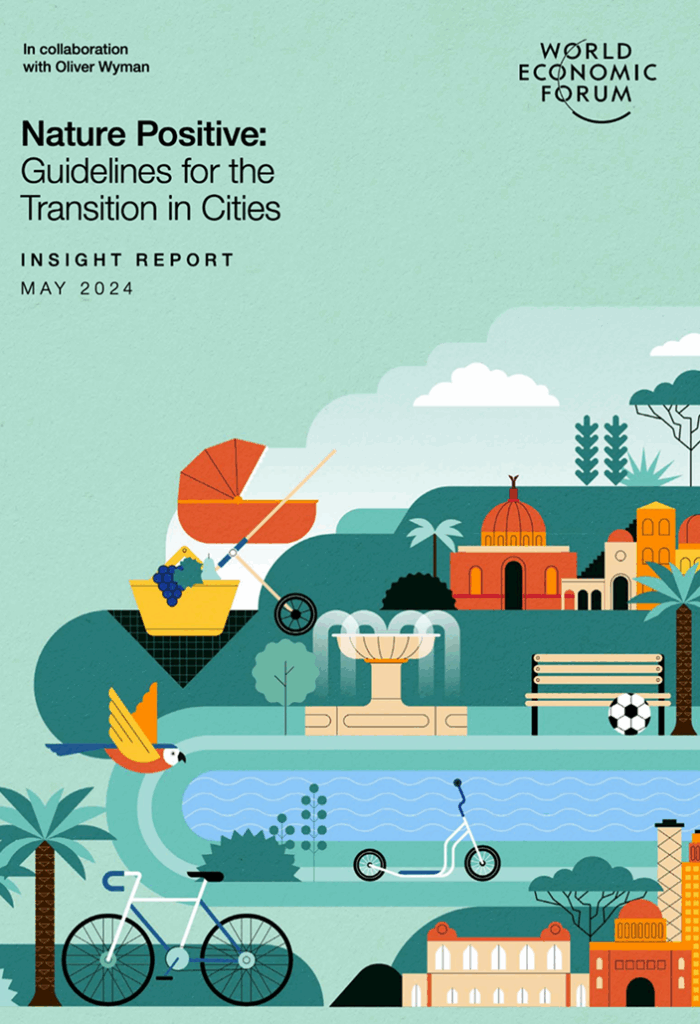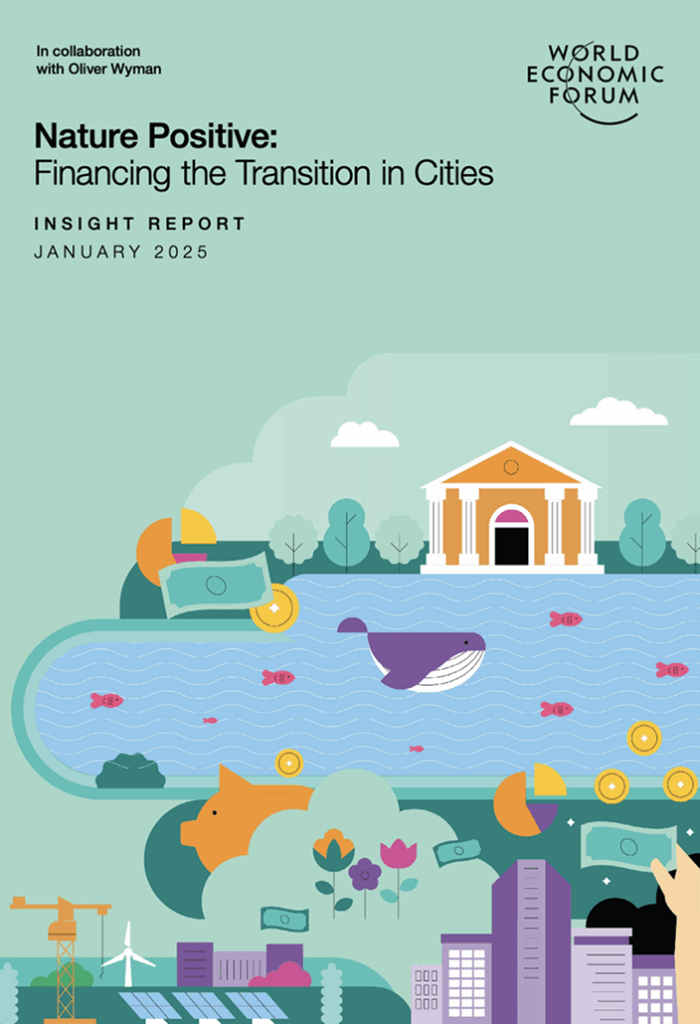What We Do

Impact One supports the development of practical and scalable solutions that safeguard biodiversity and reintegrate nature into our urban environments. At the core of its vision and operations lies the concept of the nature-positive city.
Impact One’s goal is to transform urban landscapes into regenerative ecosystems that minimize harm, benefit humans and restore the environment.
Prioritising solutions that reconnect culture and nature, Impact One strives for maximum impact in improving public health and environmental wellbeing.
From Urban Planning to Ecosystem Design
Impact One seeks to redefine anthropogenic impact on ecosystems through existing evidence-based and scalable green infrastructure and ecosystem restoration solutions. Recognising the benefits of biodiversity in our surroundings, Impact One suggests alternative models for sustainable urbanisation, while remaining committed to the preservation of existing environments.
Latest News
from Impact One
Lessons from Cities Driving Urban Transformation
The Cities Working to Become More Breathable
Creating Connections Through Community Gardens
Desert Bloom: Lessons for Resilient Ecosystems
Designing Cities for Calm in a Stressed World
Seeds of Renewal: Desert Restoration in Saudi Arabia
Growth Markets for Climate Resilient City Transition
The global nature-positive city market is expected to grow into a trillion dollar economy.
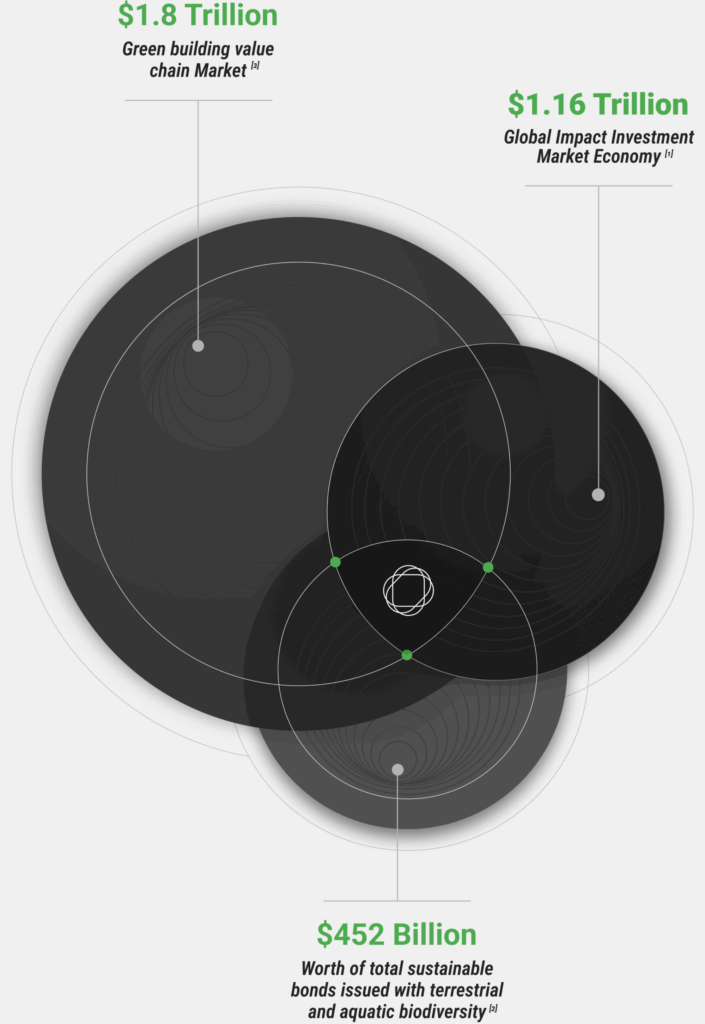
Market Size and Growth
Rapid Urbanization
The world’s urban population is projected to grow significantly in the coming decades. According to the UN, by 2050, nearly 68% of the global population will reside in urban areas.
Infrastructure Development
Urban growth necessitates large scale investments in infrastructure to provide a substantial market for sustainable urban development solutions.
Infrastructure Investment
According to the Global Infrastructure Hub, approximately $94 trillion is needed by 2040 to meet global infrastructure demands, with a significant portion allocated to urban development.
Global Commitments
Numerous countries have committed to sustainability goals, such as the Paris Agreement and the UN’s Sustainable Development Goals (SDGs). These commitments drive demand for eco-friendly urban solutions.
Ecosystem Services Valuation
The value of ecosystem services provided by urban green spaces, such as air quality improvement, stormwater management, and recreation can be significant. For instance, New York City's urban forest provides an estimated $120 million in annual benefits.
Trends & Targets
Integrated & Holistic Urban Planning
The global shift towards greater inter- connectedness is also gaining traction in cities and wider urban development.
Resilience & Adaptation
Cities are increasingly focusing on resilience to climate change impacts, such as extreme weather events, floods, and rising temperatures. According to the World Bank, investments in urban resilience could generate $4.2 trillion in net benefits by 2030.
Health & Wellbeing
Urban planning is incorporating elements that enhance public health. Research shows that access to green spaces can reduce the risk of mortality, with estimates suggesting that every dollar spent on improving air quality can yield up to $30 in healthcare savings.
Enhancement of Biodiversity
Cities worldwide are increasing investments in urban green spaces to enhance biodiversity and climate resilience through the creation of habitats and green corridors, driven by global and local sustainability initiatives.
Smart City Initiatives
The global smart cities market was valued at approx. $410 billion in 2020 and is expected to reach $820.7 billion by 2025. But this approach often excludes NbS that can help create more holistic and adaptable and resilient urban ecosystem
From Building
to Growing Cities
Redefining Infrastructure

At the core of its vision lies the concept of the nature-positive city. Impact One transforms urban landscapes into regenerative ecosystems that minimise harm, benefit humans, and restore the environment.
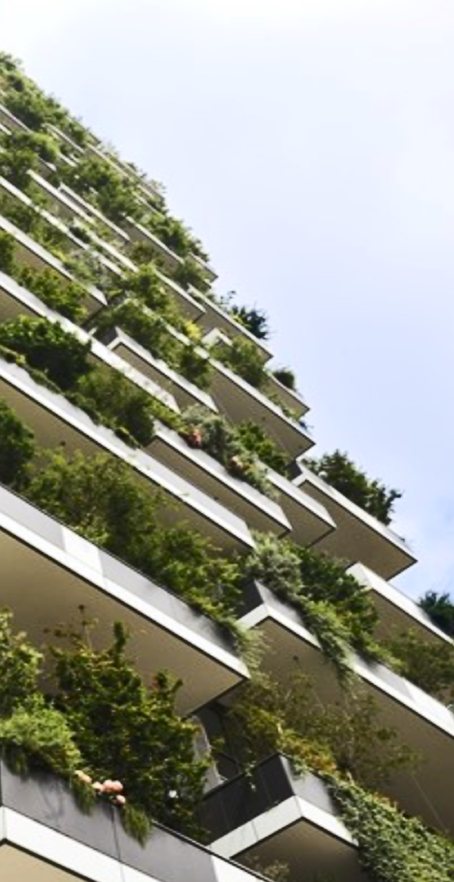
Centralising nature-based assets and services to create wellbeing cities, Impact One offers infrastructure and construction industries transformational paths forward. Deploying systemic nature-based solutions to grow cities rather than build them, cities can turn from environmental threats into drivers of ecosystem protection and regeneration.
Cities as catalysts
of ecosystem restoration
Impact One was founded to reverse this trend. Its mission centres on the concept of the nature-positive city – urban environments designed as regenerative ecosystems that restore the environment, support public health, and minimise harm.
By integrating nature-based solutions into infrastructure and development, cities can become active agents of ecosystem restoration and climate resilience. Impact One works with the construction and infrastructure sectors to enable this transition.
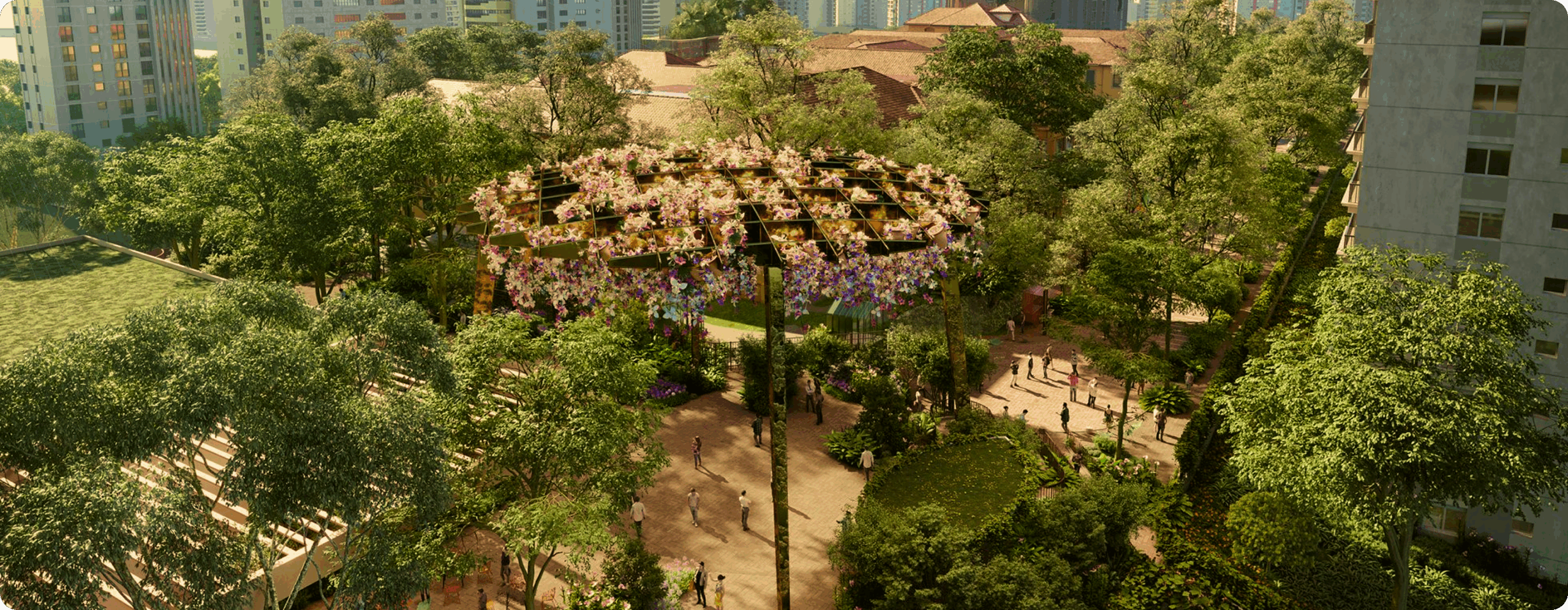
Core Competencies
An innovative approach to
urban and regional ecosystem regeneration with nature based solutions and afforestation
World-class expertise in architecture and engineering, supported by leaders in heating and cooling technologies
Global leadership in botanical applications for functional spaces
First health- and nature-positive construction approach with full lifecycle emission compensation
Development and operation of integrated urban destinations for healthy, sustainable communities
We call it Wellbeing Infrastructure
Impact One creates nature-positive urban solutions based on scientific evidence. Drawing on the One Health concept, the developed environments are species-specific, symbiotic with nature and lead to the improved, interconnected health of humans, animals and plants.
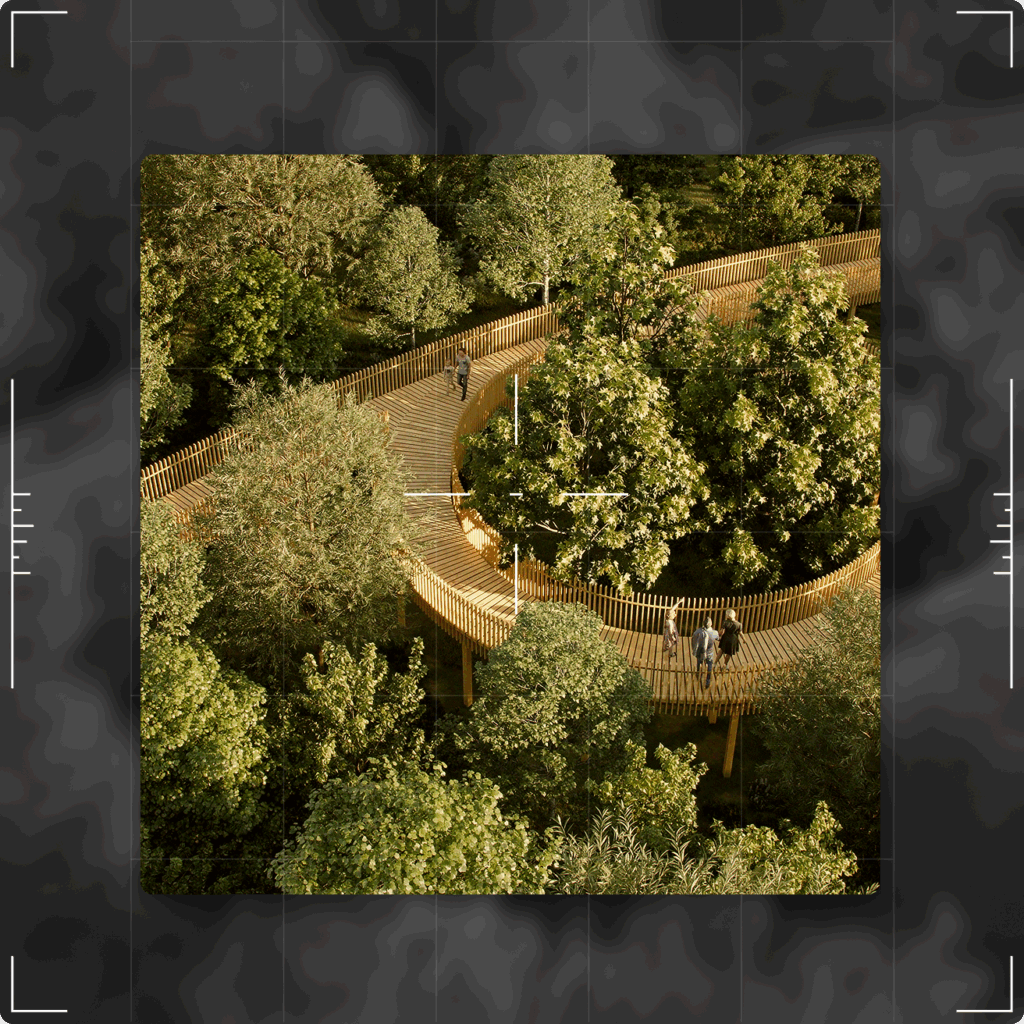
A Global Discourse of Nature-Positive Development
Impact One actively engages in global forums to advance nature-positive development across public and private sectors.
UN Conference of the Parties (COP)
The organisation maintains a longstanding collaboration with the UN Framework Convention on Climate Change (UNFCCC), promoting evidence-based policy adaptation.
At COP26 in Glasgow, Impact One hosted From Building to Growing Cities — a panel that challenged conventional policy frameworks and advocated for integrating nature-based solutions into building codes.
Through the Possible Futures Initiative, Impact One continues to lead panels, cultural activations, and cross-sector partnerships, reinforcing its role as a thought leader in restoring balance between people and nature.
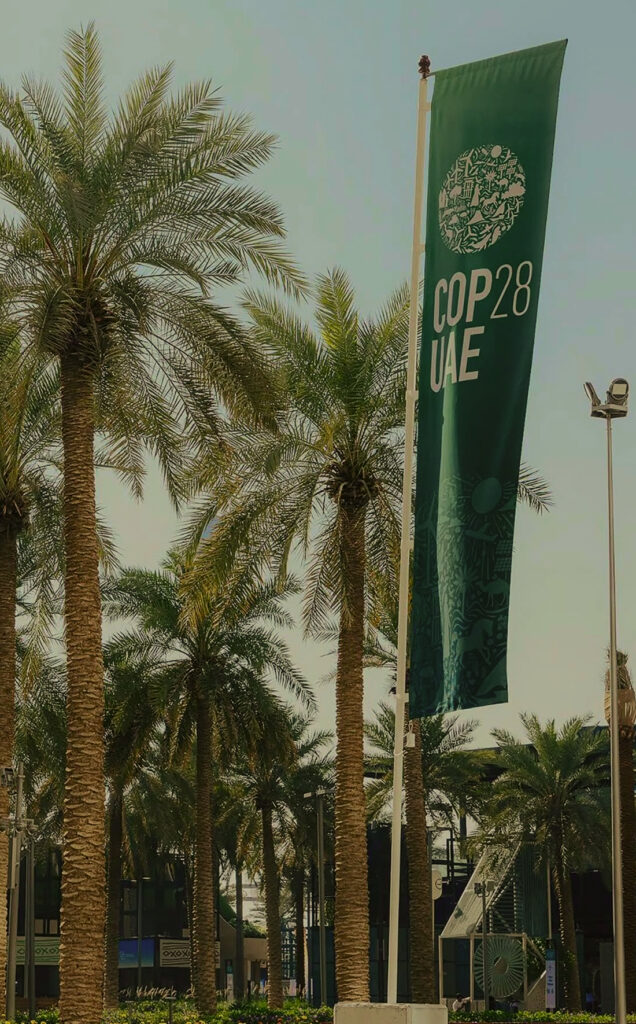
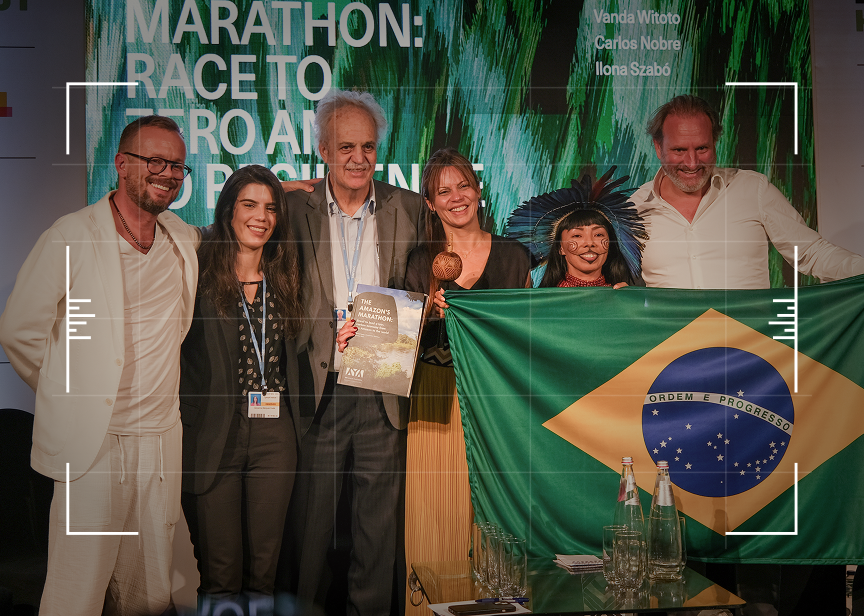
Impact One COP27 Forest One Event

Wellbeing City presentation at COP27 Italian Pavilion
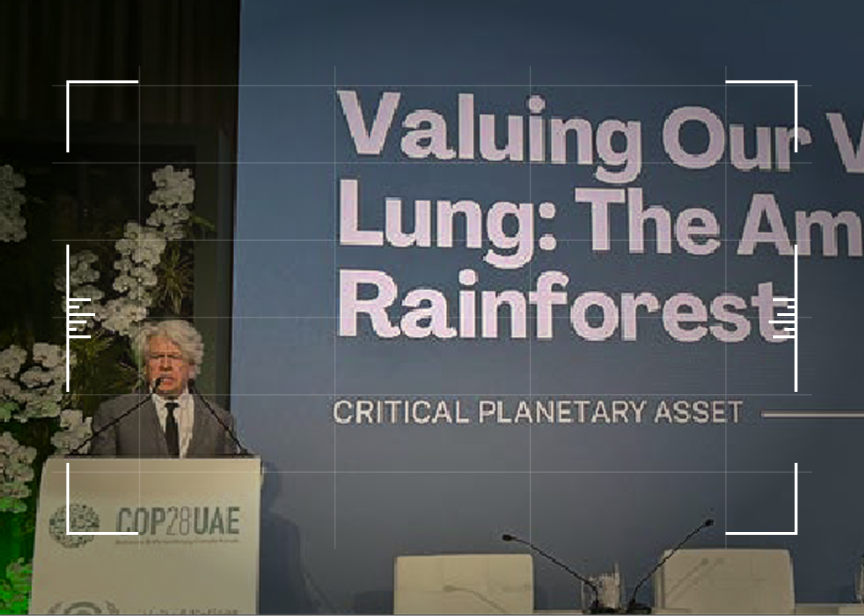
Presentation at COP28 Business and Philanthropy Forum with One Amazon
Reshaping how we inhabit and interact with the natural environment
Impact One is a strategic contributor to the World Economic Forum (WEF) platform, actively involved in initiatives within the Centre for Nature and Climate and the Centre for Urban Transformation.
A member of both the Nature-Positive Cities Initiative and the Davos Baukultur Alliance, IImpact One works to define a new market for nature-based assets through public–private cooperation and to enable a market-supported transition toward nature-positive urban development.
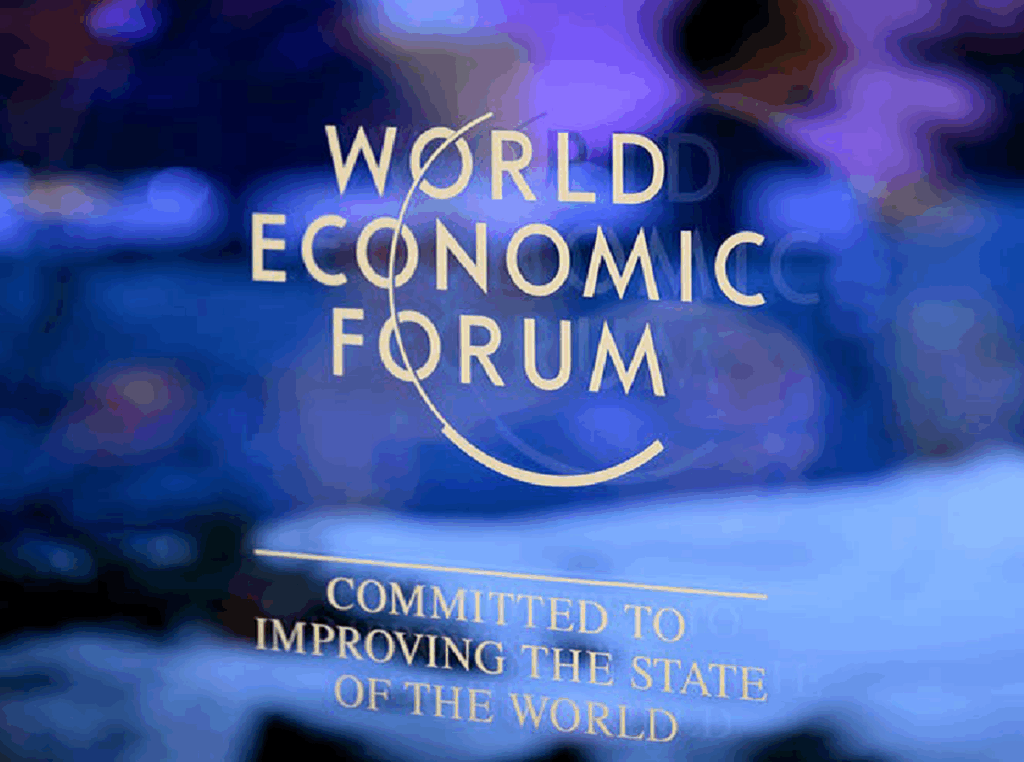
Global Commission for Nature-Positive Cities
The Nature-Positive Cities Initiative helps cities and businesses align around shared principles to rebuild their relationship with nature. It provides guidance for implementing and scaling nature-based interventions, supported by lighthouse projects that can be replicated worldwide.
Latest Insights
Davos Baukultur Alliance
This Alliance promotes a holistic approach to the planning, construction, and management of buildings, infrastructure, public spaces, and landscapes. It brings together international stakeholders from government, business, and civil society around shared principles that enhance the quality and culture of living environments through collective action across cultural, social, economic, environmental, and technical dimensions.

World Economic Forum / Marc Bader

